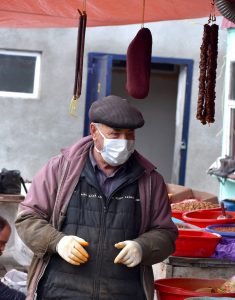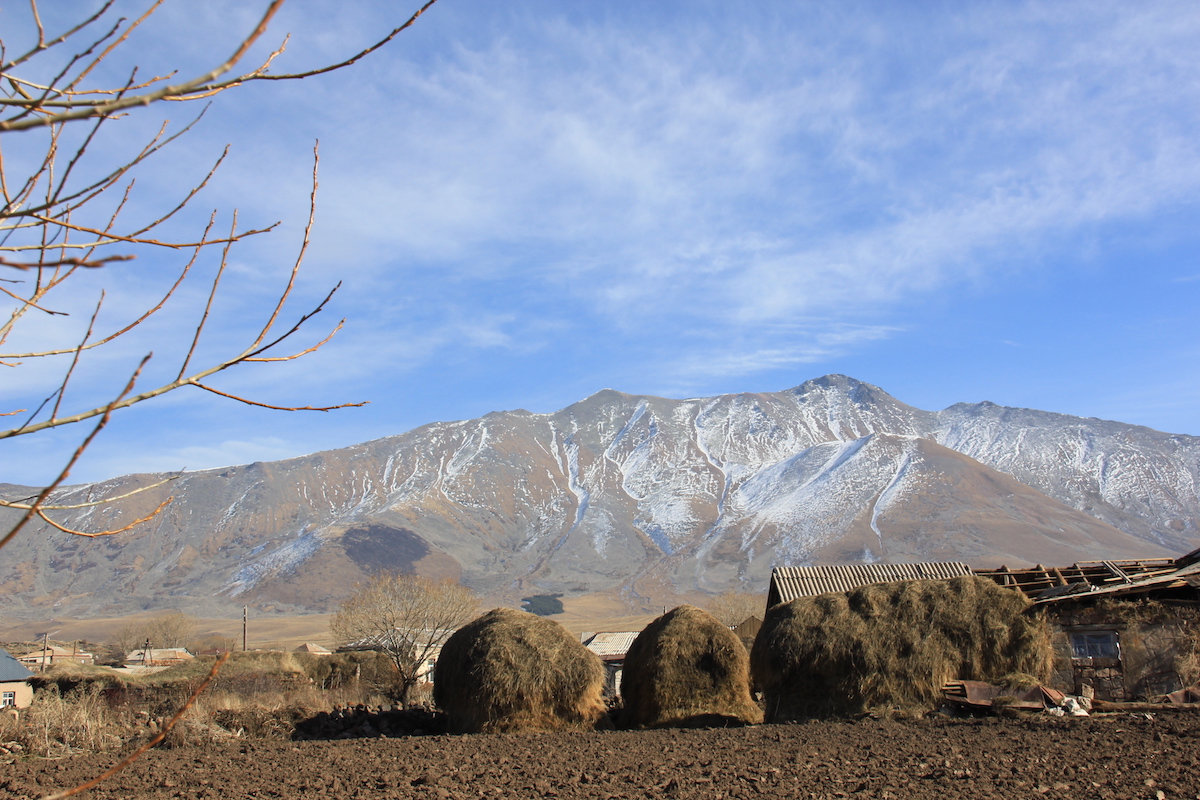Share














Most read

Georgia’s prime minister calls UK sanctions on Georgian TV channels 'shameful'
Russia’s $90bn oil network: how Azerbaijani businessmen were exposed
Latest news in Georgia, Armenia, Azerbaijan, summary. Live
Transparency International assess new extremism legislation in Georgia
Opinion: 'There are no signals that Iran plans to sell weapons to Armenia right now'

Pension rise in Armenia: economic growth or voter handout?
'People no longer want to put up with it': What does ‘family picket’ in South Ossetia signal?
Azerbaijan: political prisoner placed in solitary confinement after protest in Washington
Armenia and Poland to continue military-technical cooperation as Pashinyan visits Warsaw
Latest news in Georgia, Armenia, Azerbaijan, summary. Live













